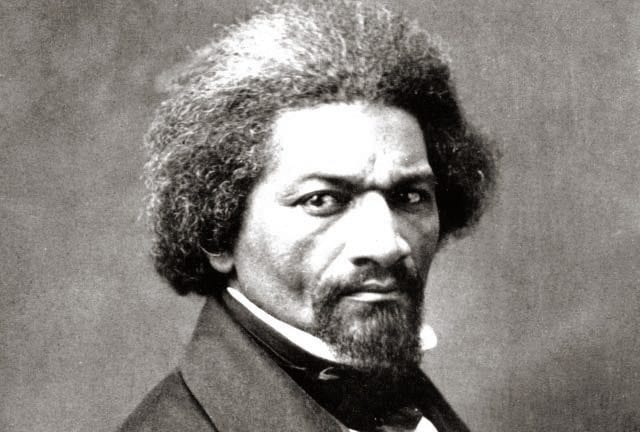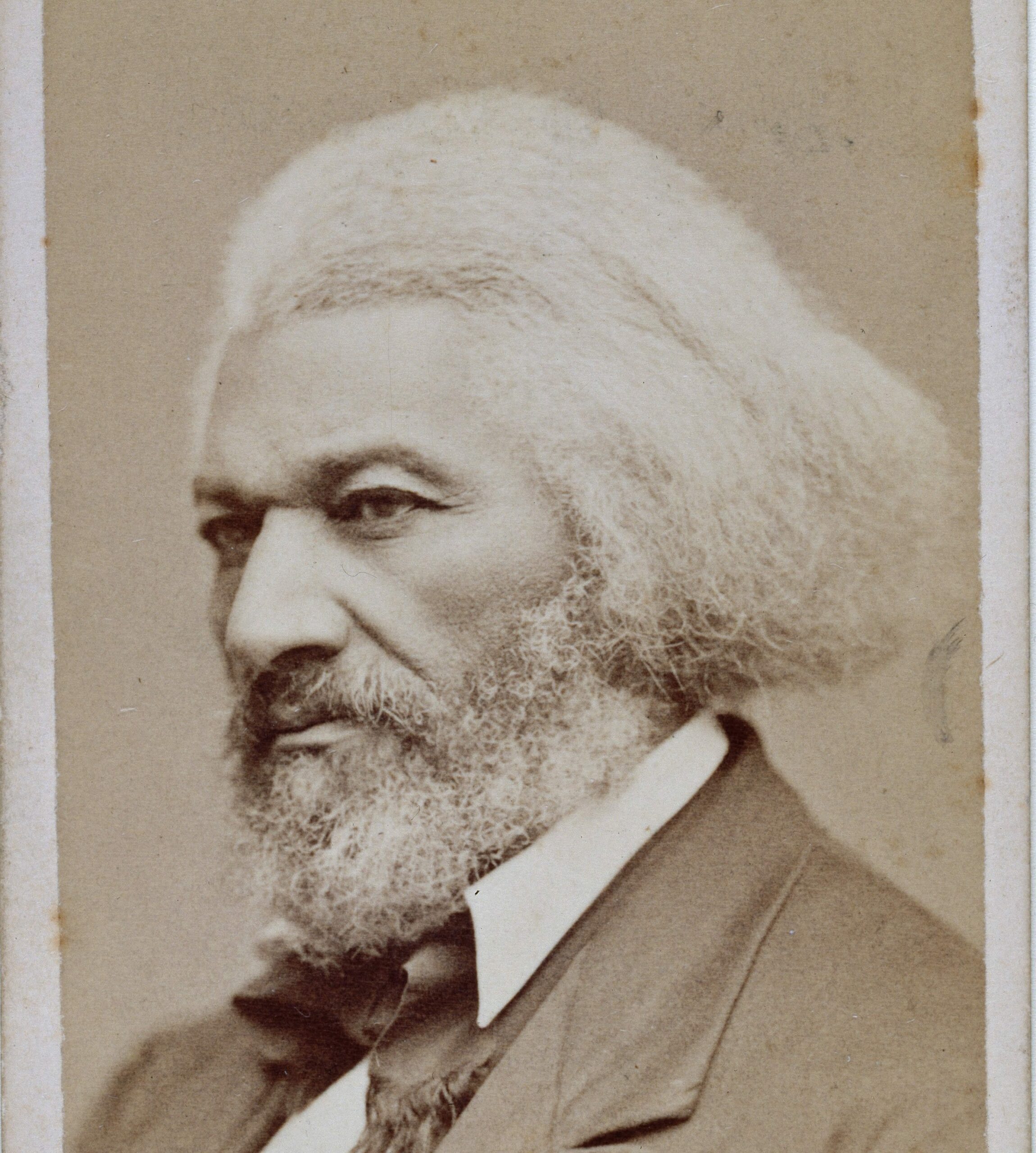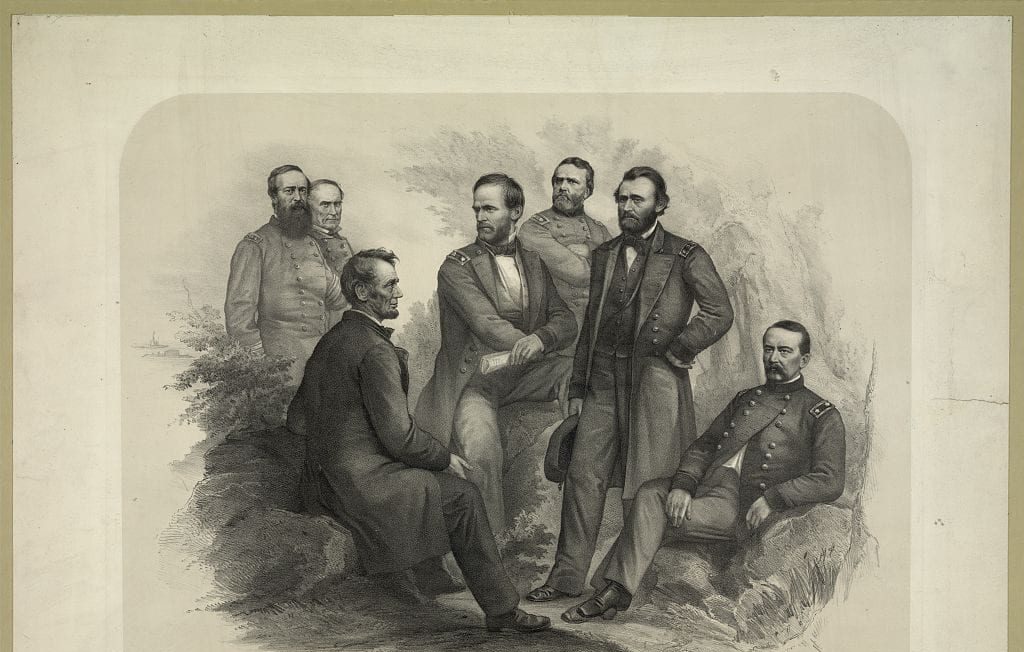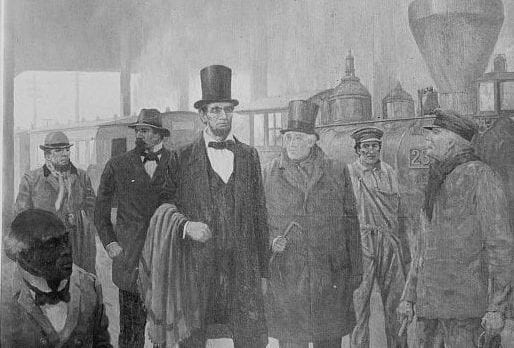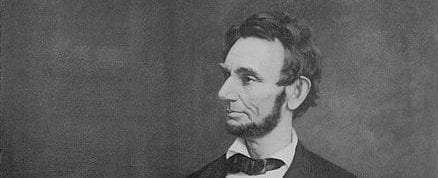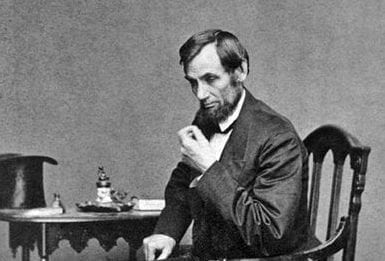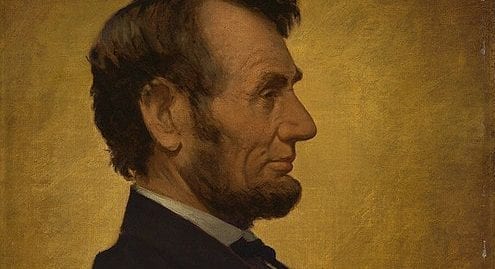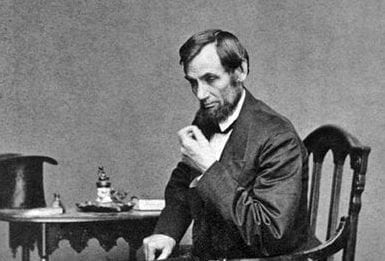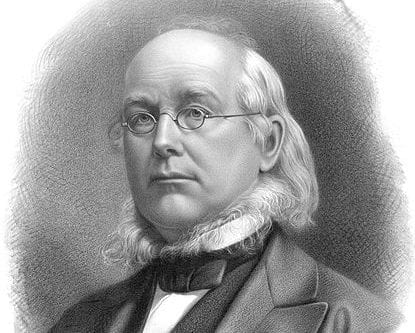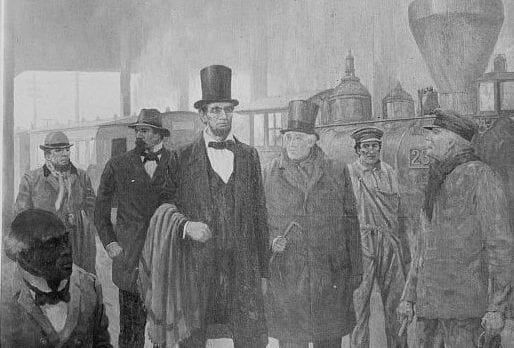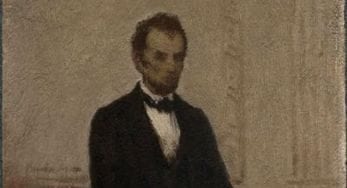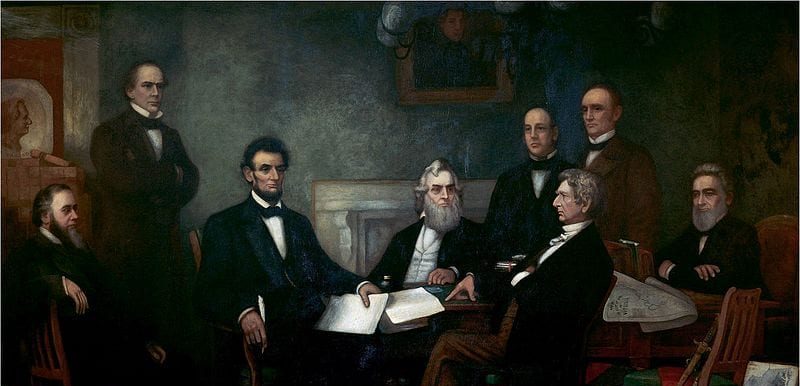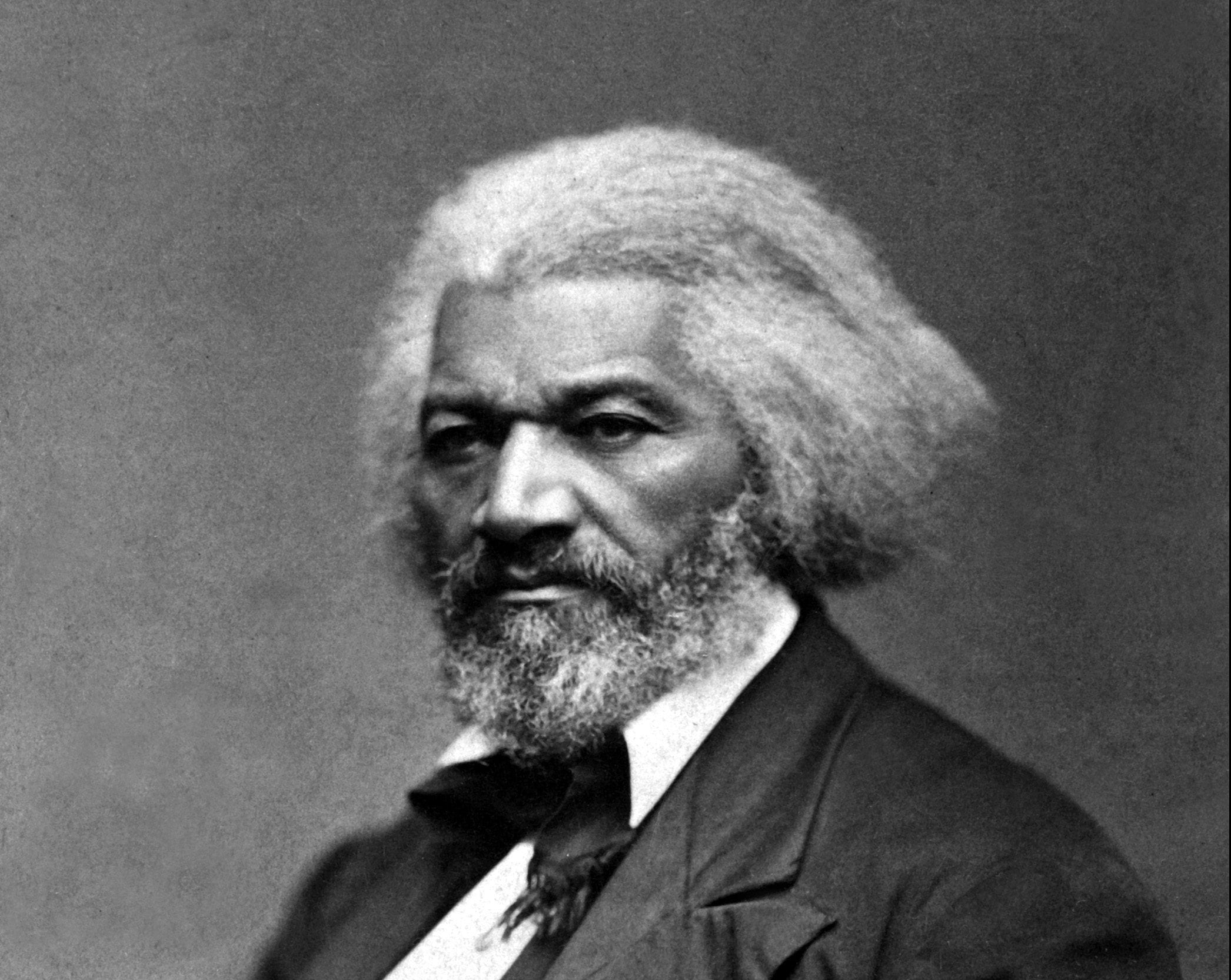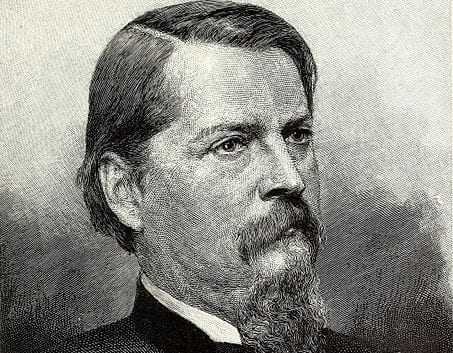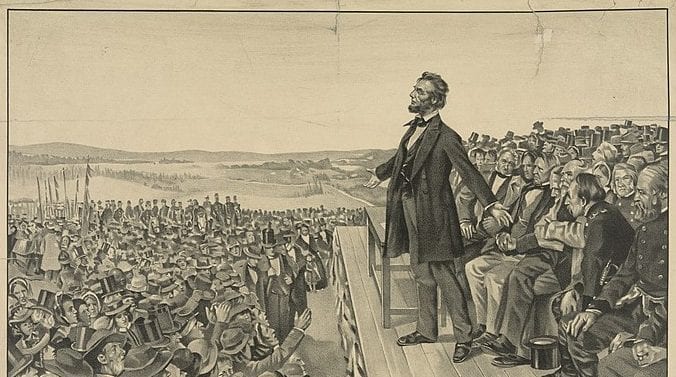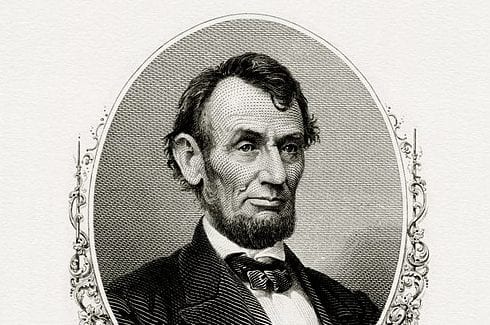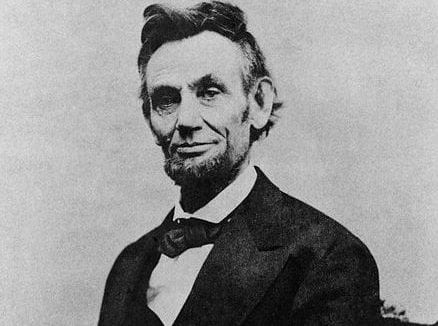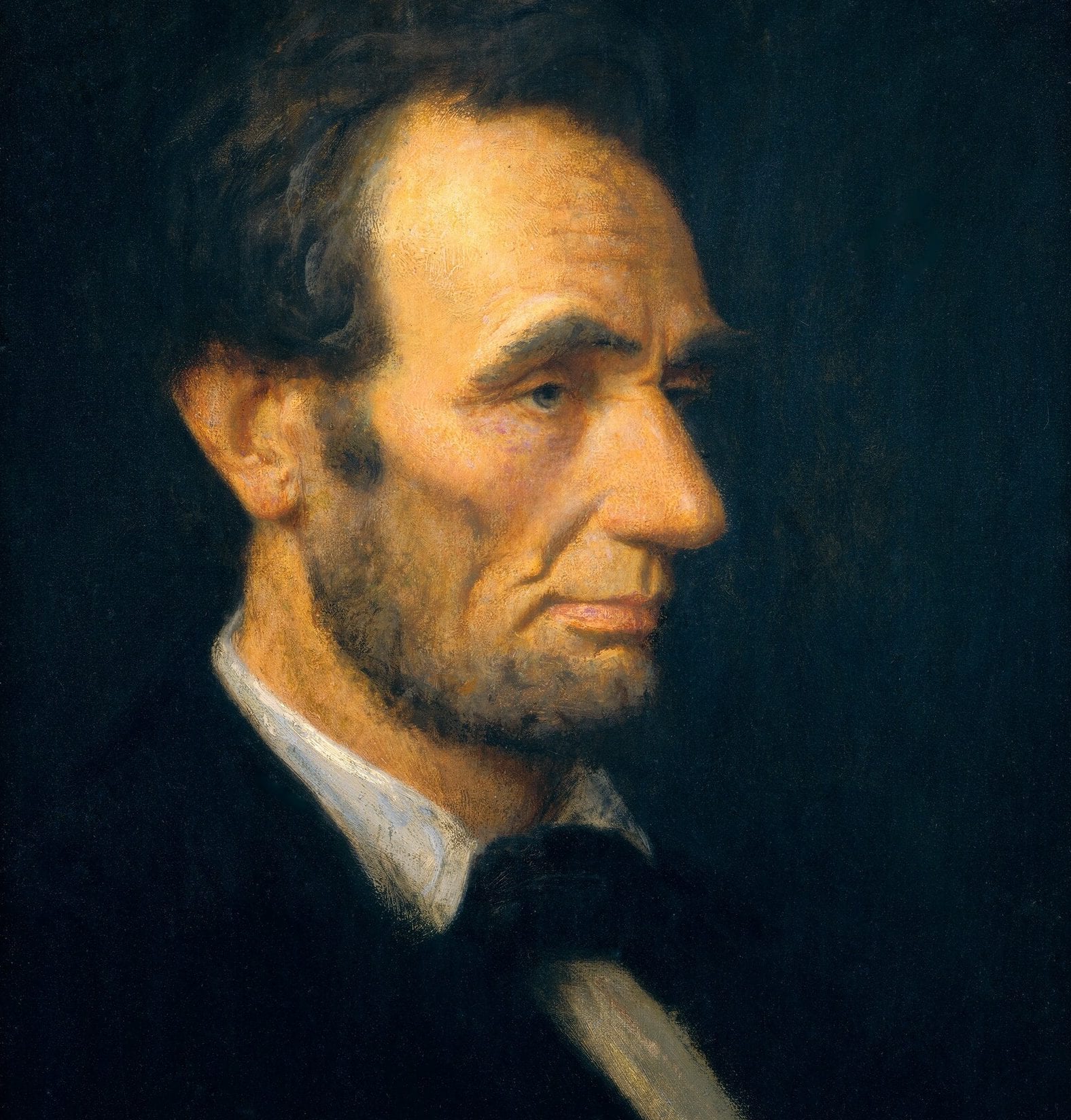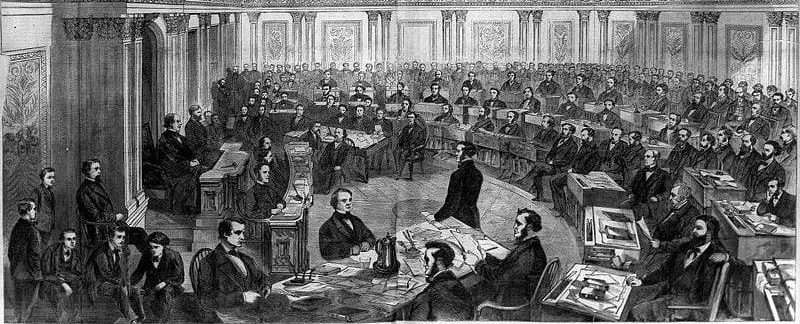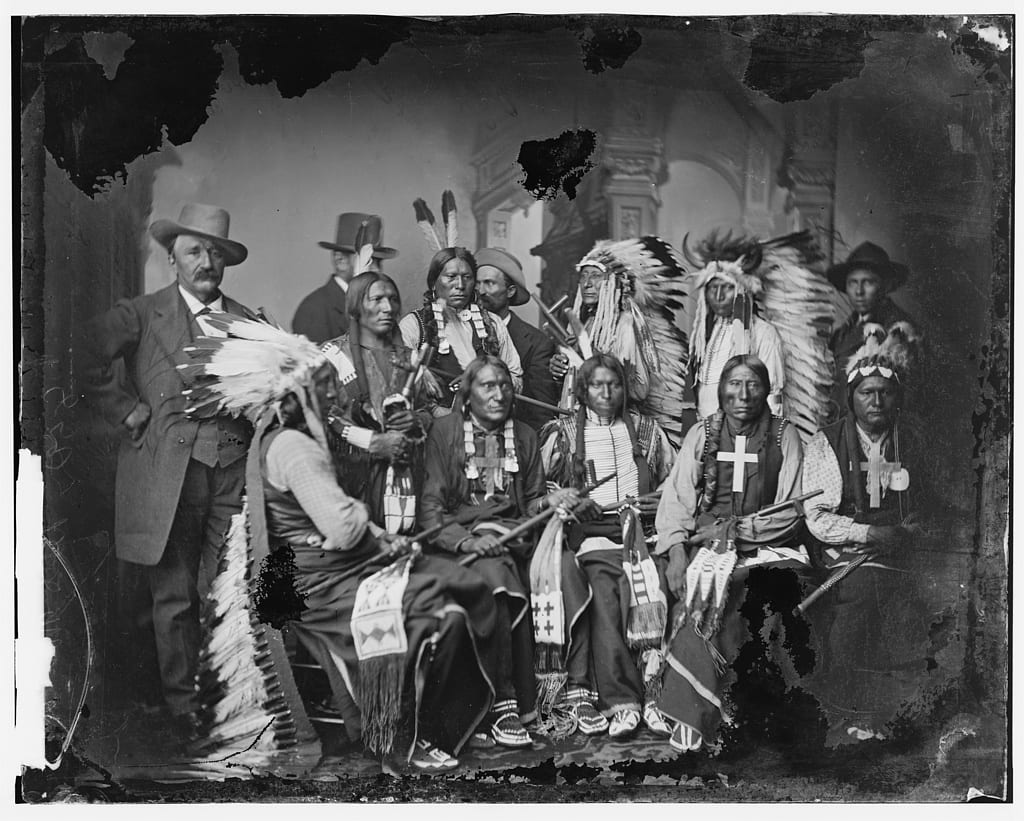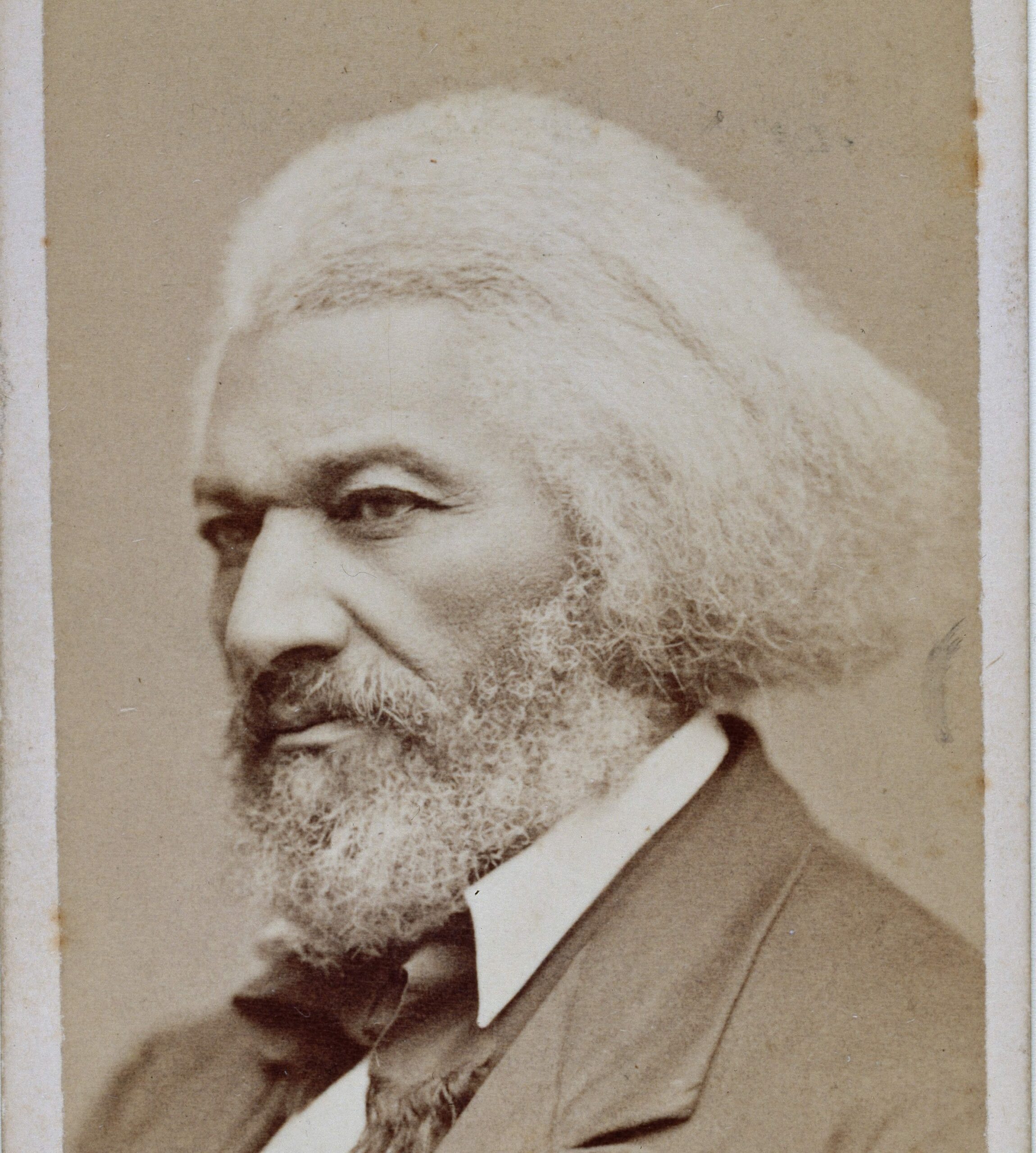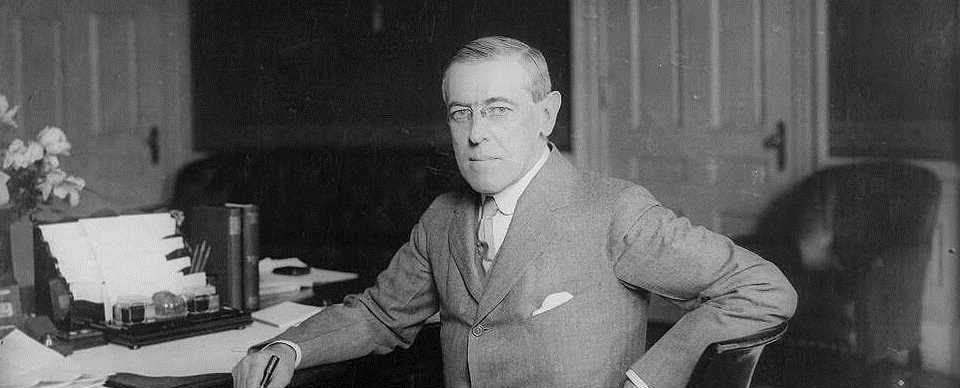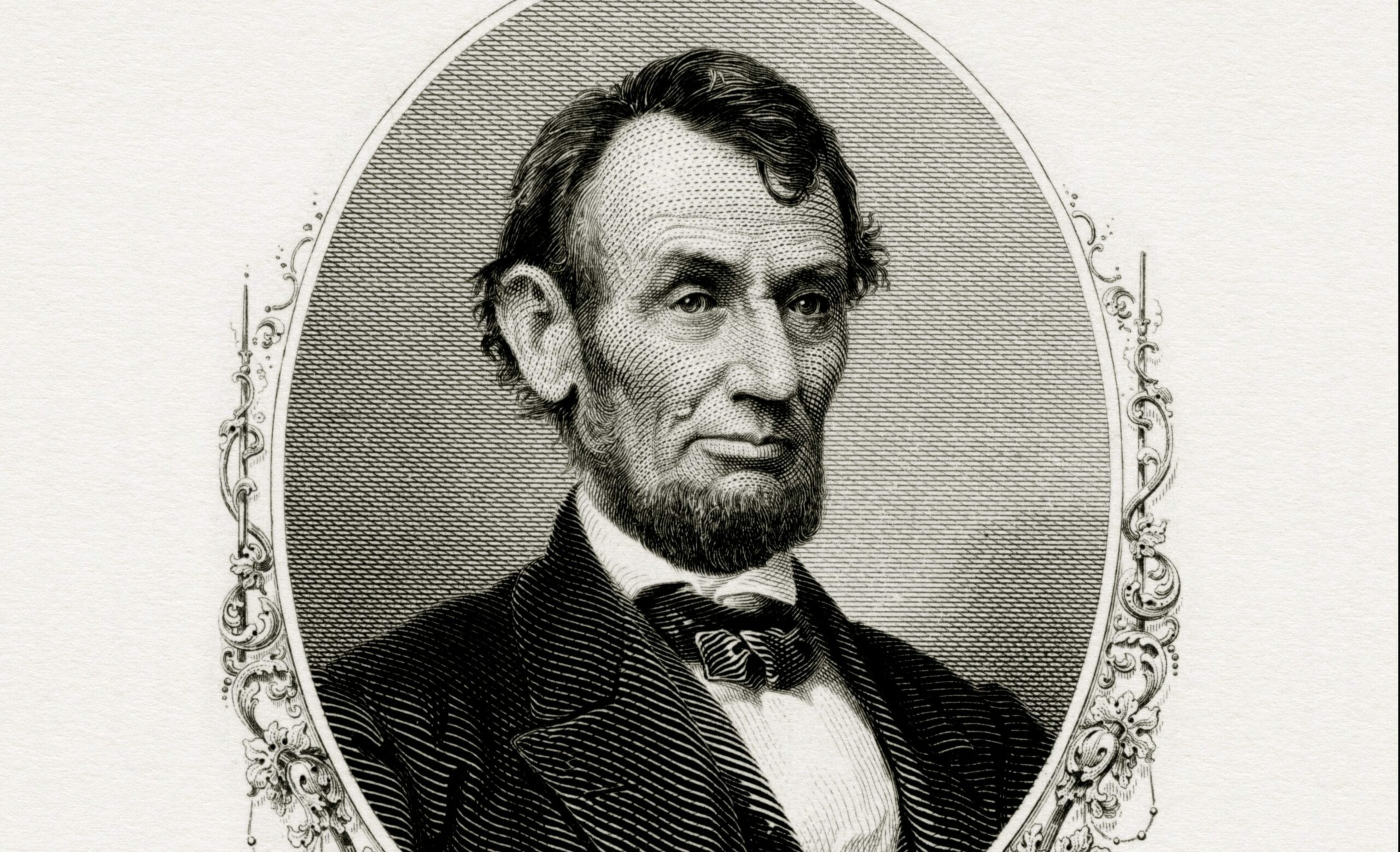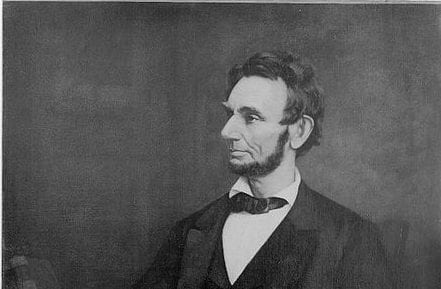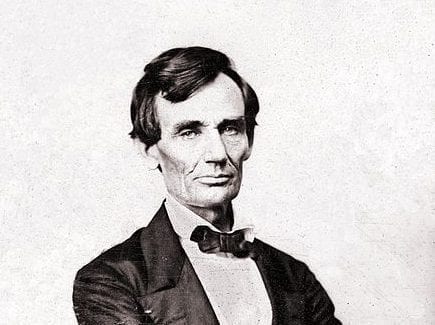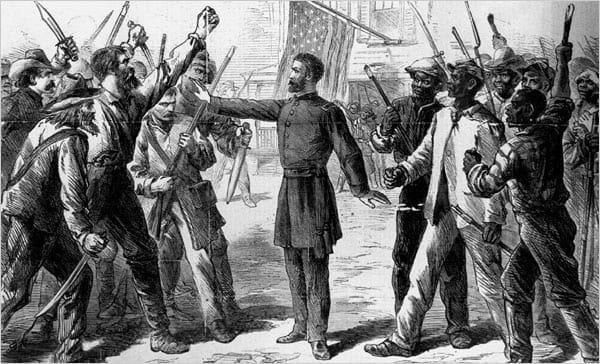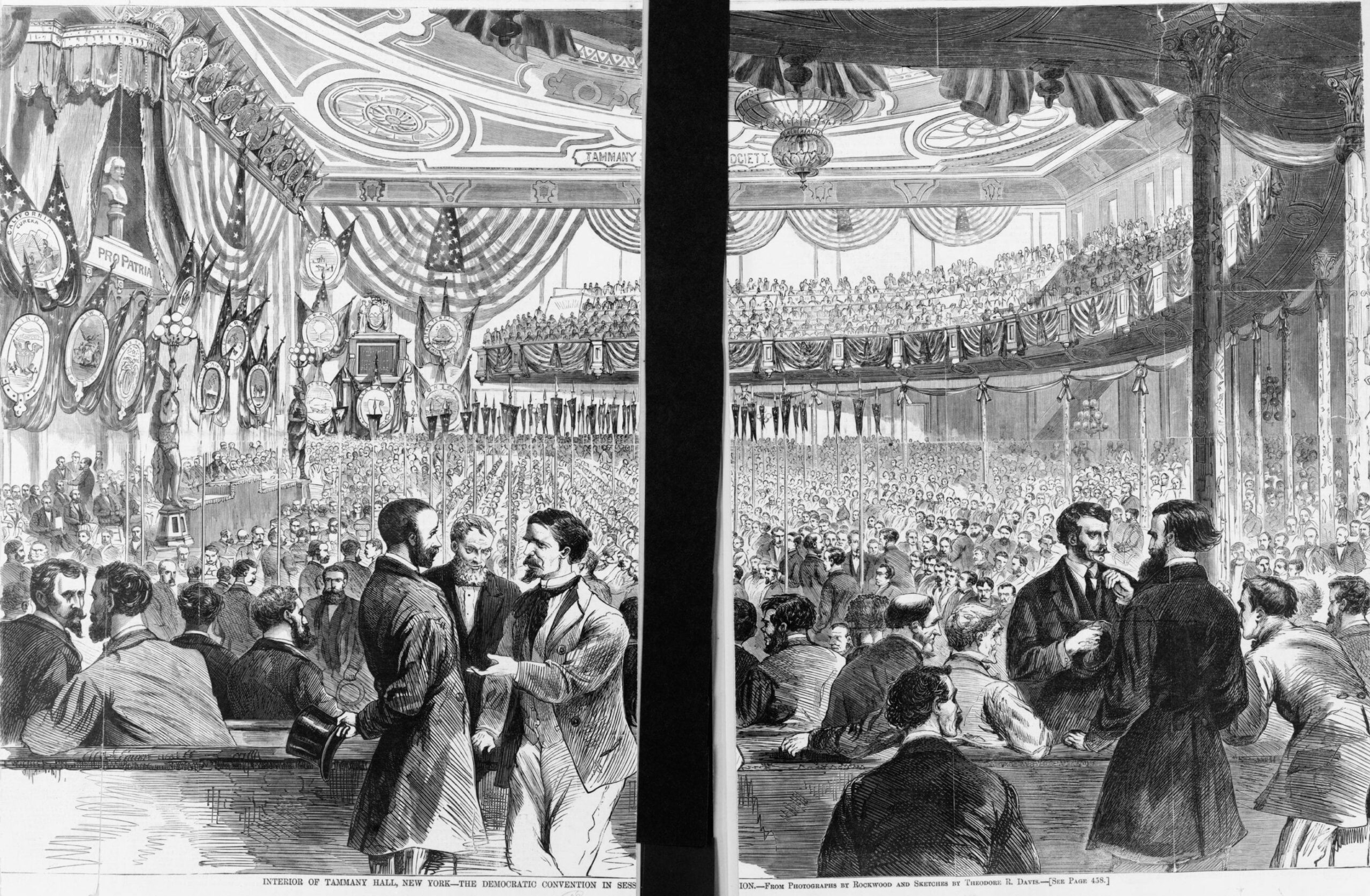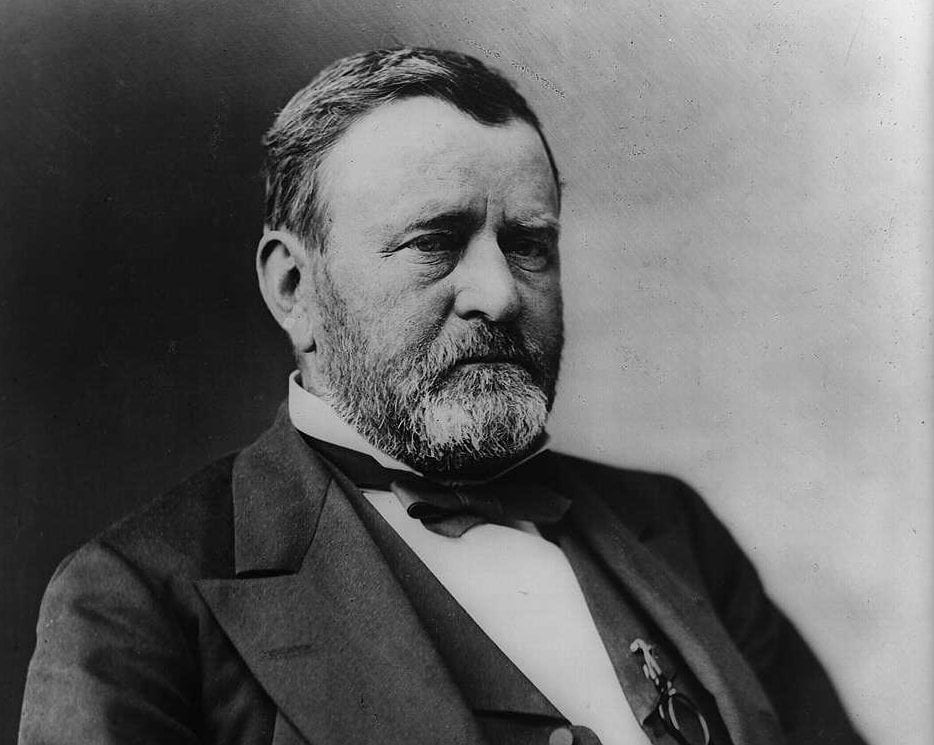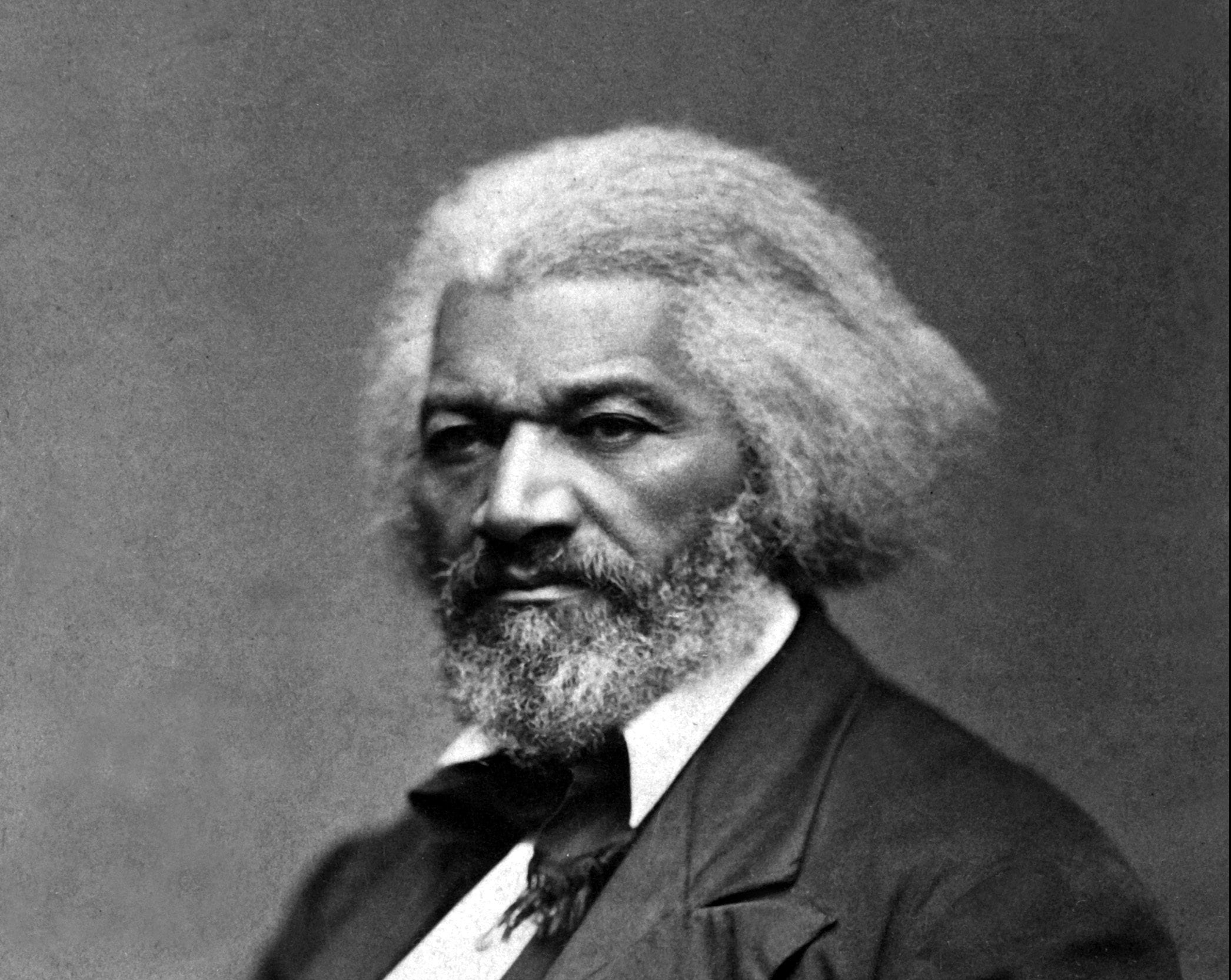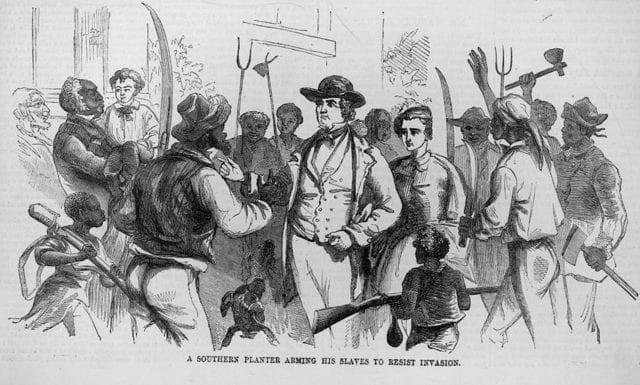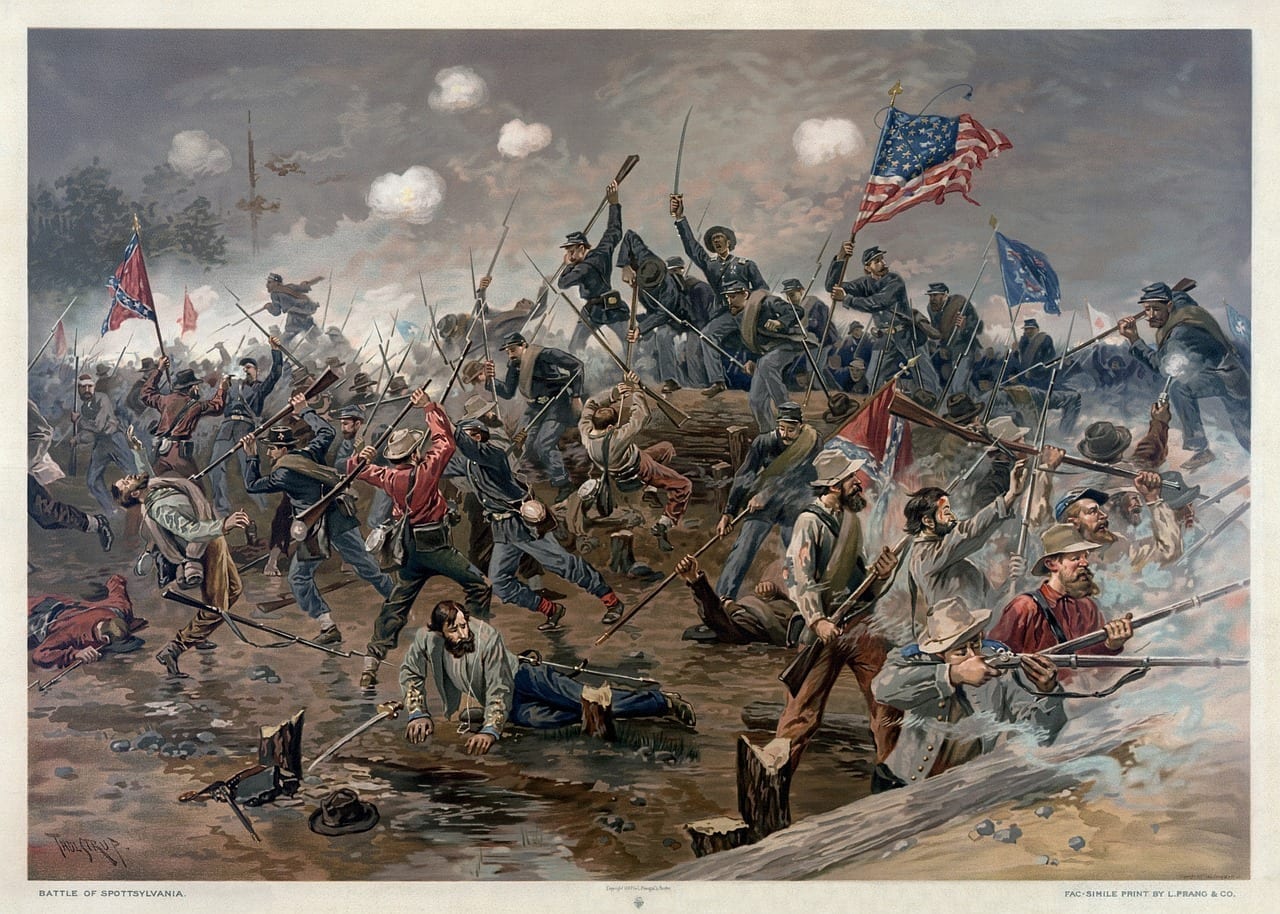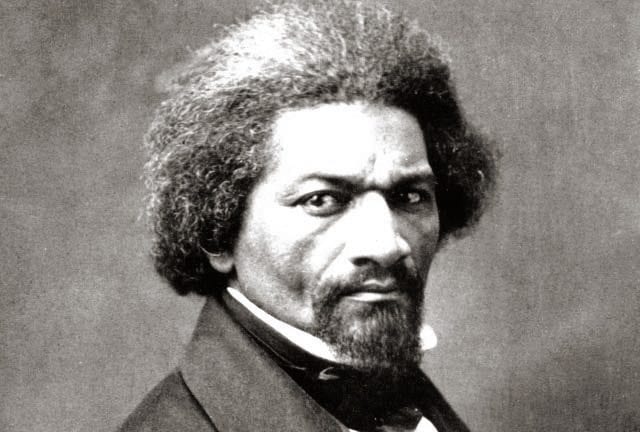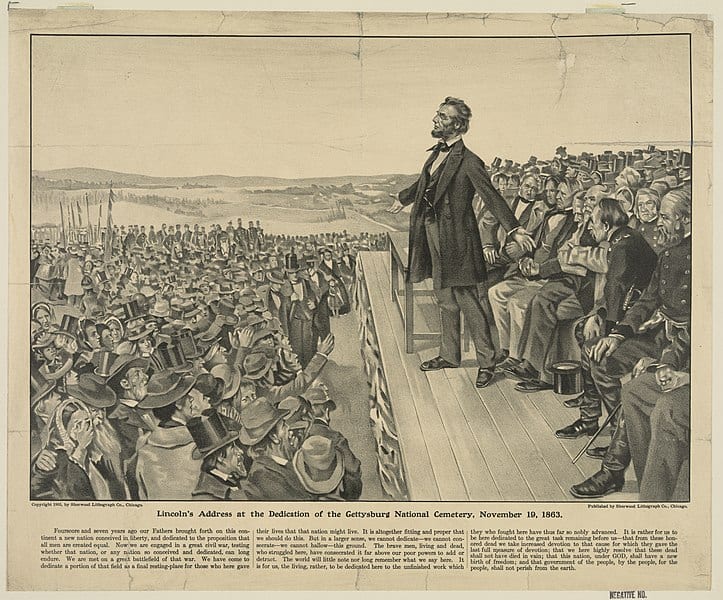
Introduction
The years 1867 and 1868 marked the most creative, ambitious time for the radical Republicans. Early in March 1867 they passed, over President Andrew Johnson’s veto, the Reconstruction acts, which imposed military rule on the defeated southern states while they engaged in new constitution making. The radicals specified what should be in these new constitutions, including the requirement to enfranchise blacks and to ratify the 14th Amendment. How far should the radicals go? This, in essence, is the issue raised in this speech by Representative Thaddeus Stevens (1792–1868). Stevens did not think a political revolution would suffice; he thought it would be necessary to restructure the southern economy so that a social revolution protecting racial equality could follow. Stevens’s speech, made nearly two years after the conclusion of the war, raises the genuinely radical, fundamental question of land redistribution. Taking land from the old Confederates and redistributing it to loyal men might, he hoped, be the best way to punish traitors and reward loyalty. His proposal would take land belonging to state governments that had seceded, or to the Confederal government and lands belonging to those whose lands could be confiscated under the Confiscation Act of July 1862, and transfer the lands to freed slaves and loyal Union men.
Source: The text is taken from a copy of the speech in the Library of Congress, “Speech Of Hon. T. Stevens, of Pennsylvania, Delivered in the House Of Representatives, March 19, 1867, on the Bill (H. R. No. 20) Relative to Damages to Loyal Men, And for Other Purposes,” available online at https://goo.gl/fRv68y.
. . . To this issue I desire to devote the small remnant of my life. I desire to make the issue before the people of my own State, and should be glad if the issue were to extend to other States. I desire the verdict of the people upon this great question.
This bill is important to several classes of people. . . .
It is important to the loyal men, North and South, who have been plundered and impoverished by rebel raiders and rebel Legislatures:
It is important to four millions of injured, oppressed, and helpless men, whose ancestors for two centuries have been held in bondage and compelled to earn the very property, a small portion of which we propose to restore to them, and who are now destitute, helpless, and exposed to want and starvation, under the deliberate cruelty of their former masters.
It is also important to the delinquents whose property it takes as a fine – a punishment for the great crime of making war to destroy the Republic, and for prosecuting the war in violations of all the rules of civilized warfare. It is certainly too small a punishment for so deep a crime, and too slight a warning to future ages. . . .
This bill, it seems to me, can be condemned only by the criminals and their immediate friends, and by that unmanly kind of men whose intellectual and moral vigor has melted into a fluid weakness which they mistake for mercy, and which is untempered with a single grain of justice . . . .
I proceed to consider the bill. By the act of 17th July, 1862,[1] treason is made punishable by death or some smaller punishment, at the discretion of the court. Before punishment can be inflicted for treason or misprision of treason[2] the party must be duly convicted in a court of the United States. Not so with the balance of the bill. All the rest of that law (after the first four sections) refers to persons engaged in the belligerent army, or officially connected with the government known as the “Confederate States of America,” or to those who voluntarily aided that power. . . .
The fifth section enacts that – “To insure the speedy termination of the present rebellion, it shall be the duty of the President of the United States to cause the seizure of all the estates and property, money, stocks, credits, and effects of the persons hereinafter named in this section, and apply and use the same and the proceeds thereof for the support of the Army of the United States.”
Then follow the enumeration of all the officers of the army and navy of the confederate government: all civil officers of said government; all persons engaged in the army or navy, less they laid down their arms within a given time. . . .
This law is unrepealed. It is in full force, and stands on the statute-book as one of the laws which the President swore to execute. (Would to God he had obeyed his oath! Let us see that we obey ours.)
It may be objected that the Government is stretching its powers in making such confiscations. That was a question well considered when the act of 1862 was passed. . . . I will briefly review some of the arguments in favor of the right. We are treating these belligerents simply as enemies, and their property as enemies’ property now in the possession and power of the conqueror. By the law of nations in its most stringent provision all the property, liberty, and lives of a conquered enemy who has waged an unjust war are at the disposal of the victor. Modern civilization will seldom justify the exercise of the extreme right. The lives, the liberty, and, in most cases, the real property of the vanquished are left untouched. The property, however, of the vanquished is held in some shape liable to pay the expenses and damages sustained by the injured party. . . . Where there is no government capable of making terms of peace the law-making power of the conqueror must fix the terms. This gives [the conqueror] sufficient right to take just such property as it may deem proper. Where the subdued belligerent is composed of traitors, their personal crimes aggravate their belligerent offence and justify severer treatment just as a tribe of savages are treated with more rigor than civilized foes.
. . . The cause of the war was slavery. We have liberated the slaves. It is our duty to protect them, and provide for them while they are unable to provide for themselves. Have we not a right. . . “to do ourselves justice respecting the object which has caused the war,” by taking lands for homesteads [for] these “objects” of the war?
Have we not a right, if we chose to go to that extent, to indemnify ourselves for the expenses and damages caused by the war? . . .
We could be further justified in inflicting severe penalties upon this whole hostile people as “a fierce and savage people,” as an “obstinate enemy,” whom it is a duty to tame and punish. Our future safety requires stern justice. . . .
But it matters not what you may think of the efficiency of the act of July 17, 1862. The laws of war authorize us to take this property by our sovereign power – by a law now to be passed. We have a subdued enemy in our power; we have all their property and lives at our disposal. No peace has been formed. No terms of peace or of reconciliation have been yet proclaimed, unless the proclamation of the President can make peace and war. The Constitution denies him any power in either case. Then, unless Andrew Johnson be king, the terms of peace are yet to be proclaimed. Among those terms, as we have shown, we have a right to impose confiscation of all their property – to “impoverish” them, as Andrew Johnson has told us; to “divide their large farms and sell them to industrious men.” This is strict law and good common sense. . . .
. . . I must earnestly pray that [the provision granting land to freedmen] may not be defeated. On its success, in my judgment, depends not only the happiness and respectability of the colored race, but their very existence. Homesteads to them are far more valuable than the immediate right of suffrage, though both are their due.
Four million of persons have just been freed from a condition of dependence, wholly unacquainted with business transactions, kept systematically in ignorance of all their rights and of the common elements of education, without which none of any race are competent to earn an honest living, to guard against the frauds which will always be practiced on the ignorant, or to judge of the most judicious manner of applying their labor. But few of them are mechanics, and none of them skilled manufacturers. They must necessarily, therefore, be the servants and victims of others, unless they are made in some measure independent of their wiser neighbors. The guardianship of the Freedmen’s Bureau, that benevolent institution, cannot be expected long to protect them. It encounters the hostility of the old slaveholders, whether in official or private station, because it deprives these dethroned tyrants of the luxury of despotism. In its nature it is not calculated for a permanent institution. Withdraw that protection and leave them a prey to the legislation and treatment of their former masters, and the evidence already furnished shows that they will soon become extinct, or driven to defend themselves by civil war. Withhold from them all their rights, and leave them destitute of the means of earning a livelihood, the victims of the hatred or cupidity of the rebels whom they helped to conquer, and it seems probable that the war of races might ensue which the President feared would arise from kind treatment and restoration of their rights. I doubt not that hundreds of thousands would annually be deposited in secret, unknown graves. Such is already the course of their rebel murderers; and it is done with impunity. The clearest evidence of that fact has already been shown by the testimony taken by the “Central Directory.”[3] Make them independent of their old masters, so that they may not be compelled to work for them upon unfair terms, which can only be done by giving them a small tract of land to cultivate for themselves, and you remove all this danger. You also elevate the character of the freedman. Nothing is so likely to make a man a good citizen as to make him a freeholder. Nothing will so multiply the productions of the South as to divide it into small farms. Nothing will make men so industrious and moral as to let them feel that they are above want and are the owners of the soil which they till. It will also be of service to the white inhabitants. They will have constantly among them industrious laborers, anxious to work for fair wages. How is it possible for them to cultivate their lands if these people were expelled? If Moses should lead or drive them into exile, or carry out the absurd idea of colonizing them, the South would become a barren waste.
- 1. The Second Confiscation Act
- 2. concealing what one knows about an act of treason
- 3. “Central Directory” was a term that Andrew Johnson used to describe the Committee on Reconstruction, a committee of the 39th Congress (March, 1865 – March, 1867) formed to consider conditions in the Southern states. Stevens was a member of the Committee.

Conversation-based seminars for collegial PD, one-day and multi-day seminars, graduate credit seminars (MA degree), online and in-person.


